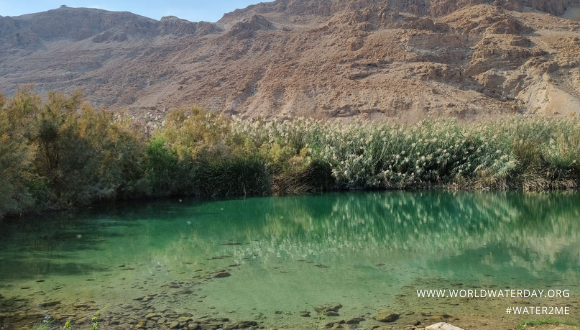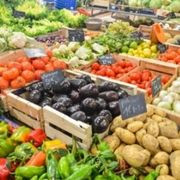World Water Day 2022
World Water Day is an annual United Nations (UN) observance day held on 22 March that highlights the importance of fresh water. The day is used to advocate for the sustainable management of freshwater resources (Wikipedia).
We’ve asked our colleague and affiliate of Manna Center program, Prof. Dror Avisar, Head of Hydrochemistry Research Group at Tel Aviv University, few important questions:
-
What difficulties did Israel face during the last 10 years?
The last 10 years brought a lot of change. Israel began to invest more efforts and resources into building desalination plants and changing dramatically the water sources, which affected the local water cycle. Additionally, Israel improved the wastewater treatment, by adopting tertiary treatment, which enable to use higher quality effluent for agricultural irrigation.
-
What technologies were developed to help with dealing with these problems? (Wastewater treatment and reuse, water treatment)
No technological breakthrough was implemented for desalination.
However, for wastewater treatment, as mentioned above, a tertiary treatment was adopted, to improve effluent quality.
Furthermore, due to the awareness increase regarding the occurrence of micropollutants and their potential toxicity, an enormous efforts were invested, both, in academia and industry, to deeply research and study the topic and to develop innovative technologies, which can breakdown and remove micropollutants (organic persistent compounds), from effluent and various waters.
Consequently, the relation between academia research and industrial initiatives, was improved and is still bringing lots of benefits to the environment helping to improve water resources.
-
What was the effect of the use/application in these technologies?
The desalination technology enables Israel to produce much more drinking water, which is important for its water security. The adopting of wastewater tertiary treatment, enables to produce higher quality effluent, which, actually, reuse for the unlimited agricultural irrigation. This assist to convert high volume of potable water, that previously was the main source of irrigation water at the agricultural sector. Additionally, advanced technologies, which were developed by local companies, with the help of the academic research, allowed to impellent and to scale up innovative technologies in field pilots.





